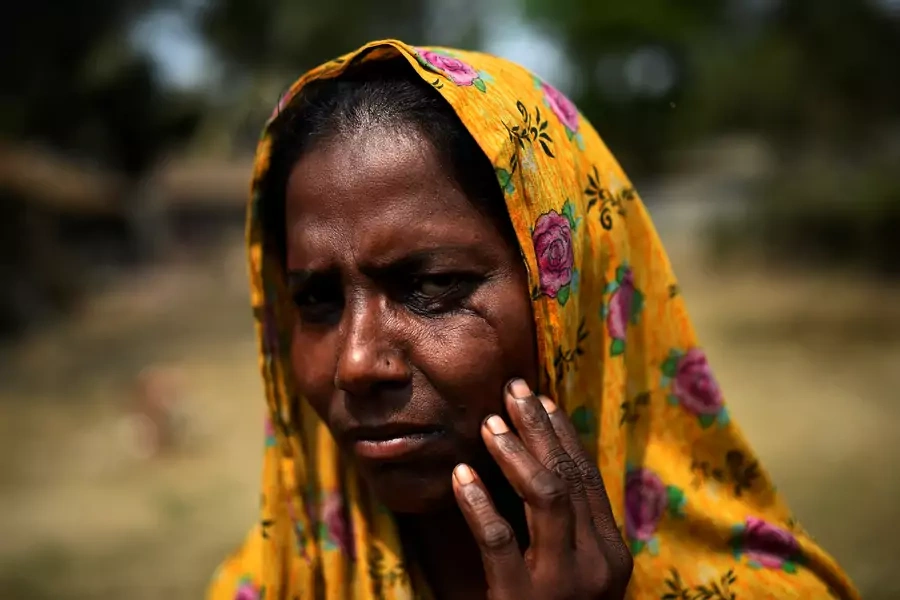Extensive Report Suggests Myanmar Military Thoroughly Planned Crimes Against Humanity in Rakhine State

More on:
Last week, the research and advocacy group Fortify Rights, which has amassed considerable expertise on the situation in Rakhine State and the abuses perpetrated by the Myanmar armed forces, released probably its most comprehensive report yet. The report [PDF], based on interviews with more than two hundred survivors of the killings in Rakhine State and some two years of research, strongly suggests that the Myanmar military carefully laid the plans for massive crimes against Rohingya in Rakhine State in late 2017. In fact, some of the evidence collected in the report makes the situation in Myanmar seem reminiscent of the type of planning that occurred in Rwanda, prior to the genocide against Tutsis there in 1994. The Myanmar military has denied any and all allegations that it planned atrocities in Rakhine State. As the Guardian notes, “A military inquiry into the conduct of soldiers released its findings in November 2017, exonerating the army.”
As the Fortify Rights report shows, however, the killings of Rohingya in late 2017 were not just an outpouring of violence or some kind of inter-ethnic bloodletting that happened in the heat of Rakhine State political tensions. Its evidence shows that, well before an attack by a shadowy Rohingya insurgent group on police posts in western Myanmar in August 2017 which the Myanmar government claims supposedly triggered the violence, the Myanmar military had apparently launched a concerted effort to prepare for the killings of Rohingya that came after August. Fortify Rights reveals that, nearly a year before, the military had begun stripping Rohingya areas of possible defenses against violence, including confiscating makeshift weapons and removing Rohingya’s fences. The report also shows that the army trained Rakhine Buddhist vigilante groups, and armed them as well, and that in 2016 and 2017 the military moved new detachments of troops into northern Rakhine State, which would be the epicenter of the violence. All this , it shows, was in preparation for 2017, and these preparations allowed Rakhine Buddhists, and security forces, to go on a rampage in late 2017 against Rohingya, with the Rohingya fully unable to defend themselves.
Perhaps more than any other piece of evidence yet unveiled about the situation in Rakhine State, the report demonstrates the need for international actors to take action against senior leaders of the Myanmar military responsible for the atrocities. There is no hope that the most senior army leaders will face any reckoning within Myanmar, given the army’s continuing dominance of many facets of Myanmar politics, and Aung San Suu Kyi’s weakness, as well as the weaknesses of the civilian government. The Myanmar government has not even allowed the top UN human rights official focused on Myanmar into the country to investigate the situation in Rakhine State.
But the international community should take stronger action against the top levels of the Myanmar military—even if doing so, as some analysts predict, would alienate the majority of Myanmar citizens (at least Buddhist Burmans), who have rallied around the armed forces in the past two years. Top Myanmar leaders could, for instance, be referred to the International Criminal Court, or the United Nations General Assembly (UNGA) could create a framework for investigating alleged crimes in Myanmar; the Security Council will not do so, since any proposal would be blocked by China and Russia, so a UNGA framework would be a possibility.
Without some kind of accountability for the Myanmar armed forces’ top leadership, the prospect of the army committing similar abuses in the future is high. And future crimes, in Rakhine, or in other ethnic minority areas, could not only bring more suffering but also further set back Myanmar’s peace process, and further undermine the country’s already-shaky political stability.
More on:
 Online Store
Online Store